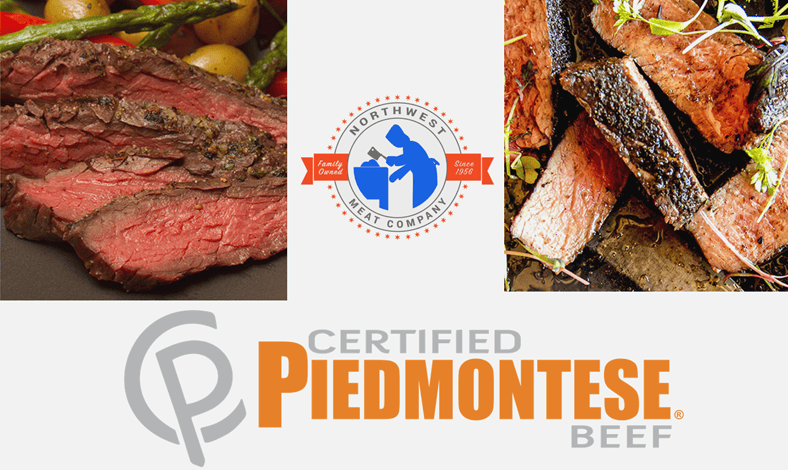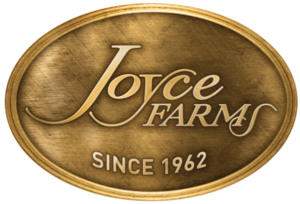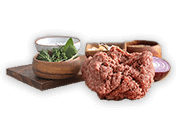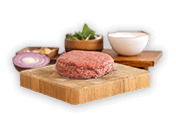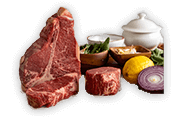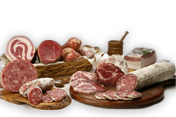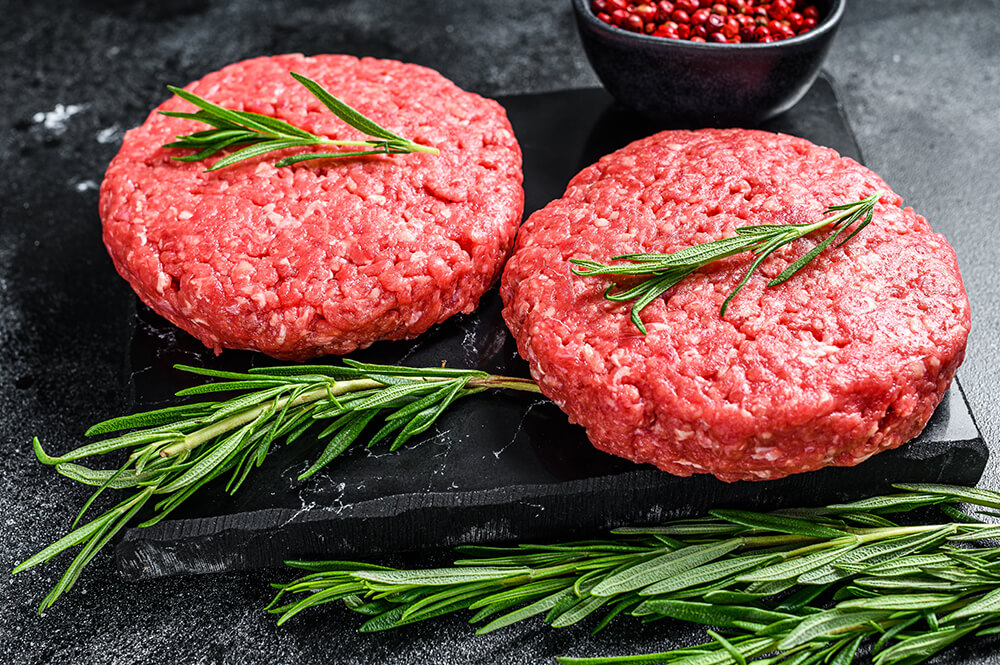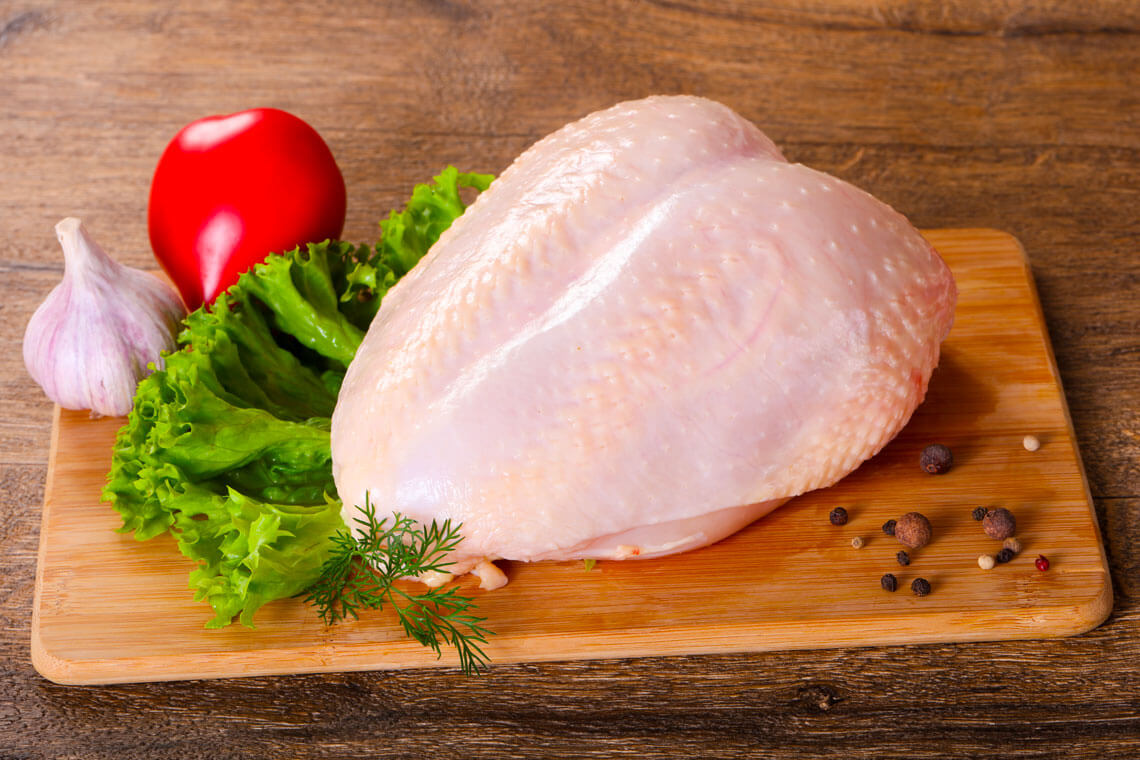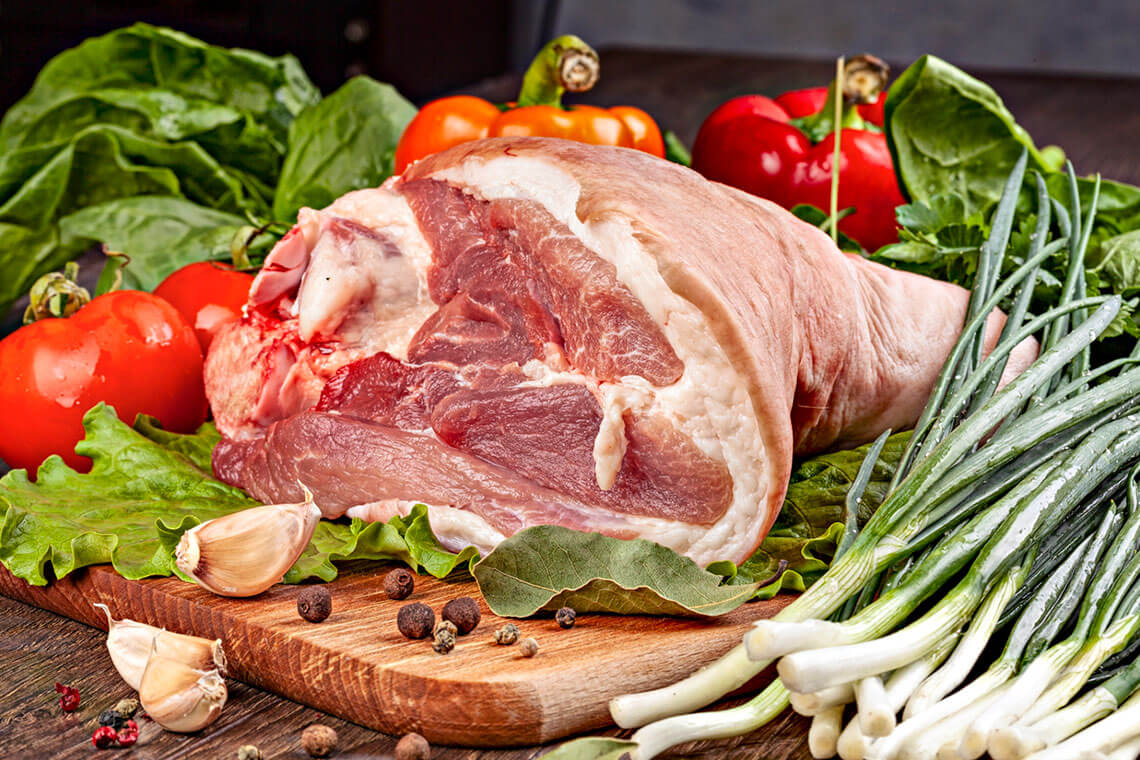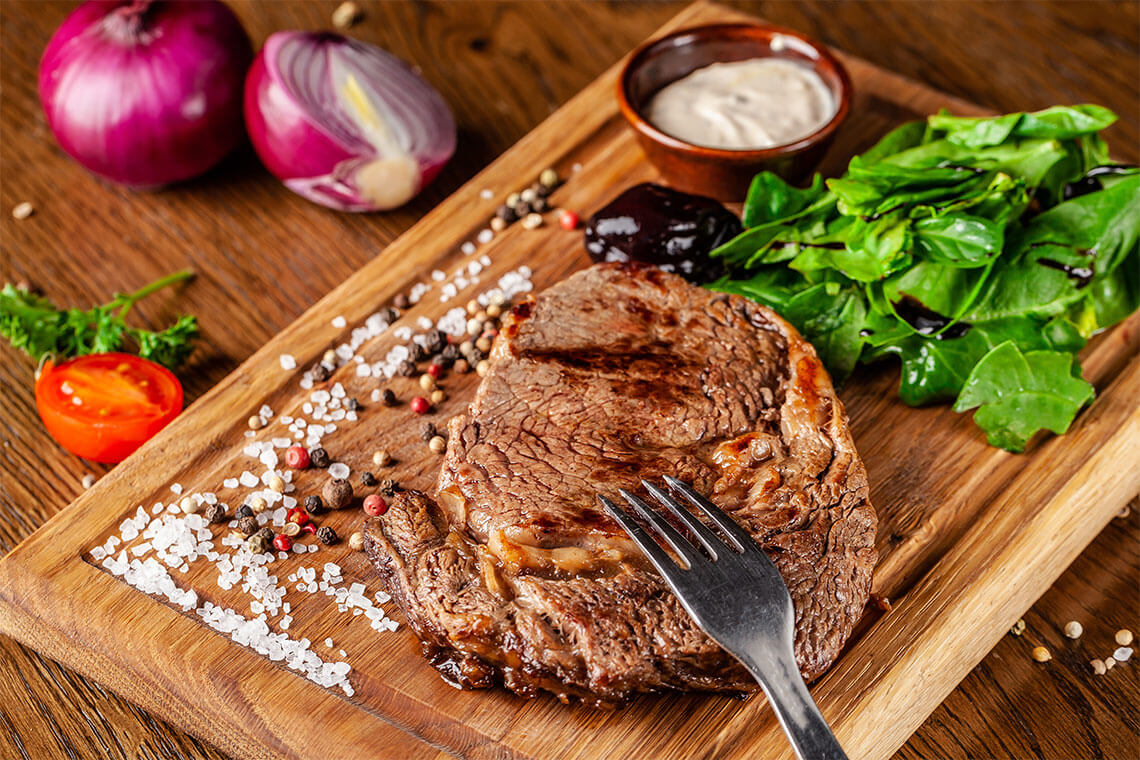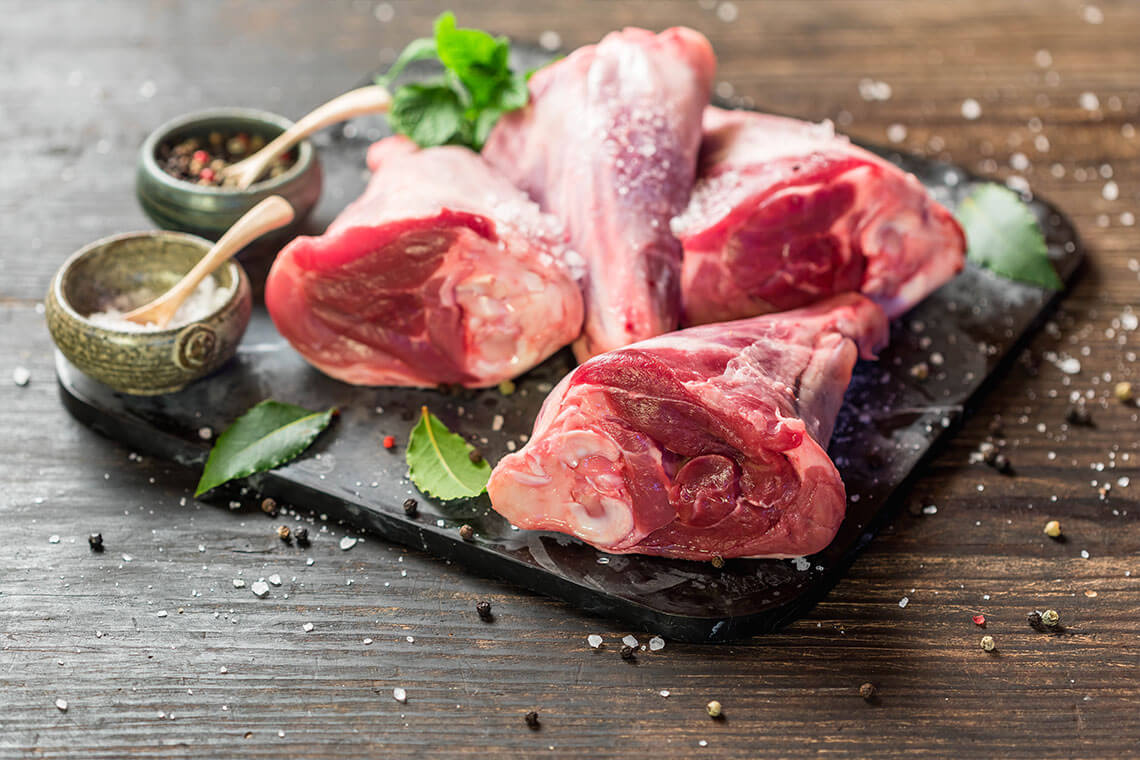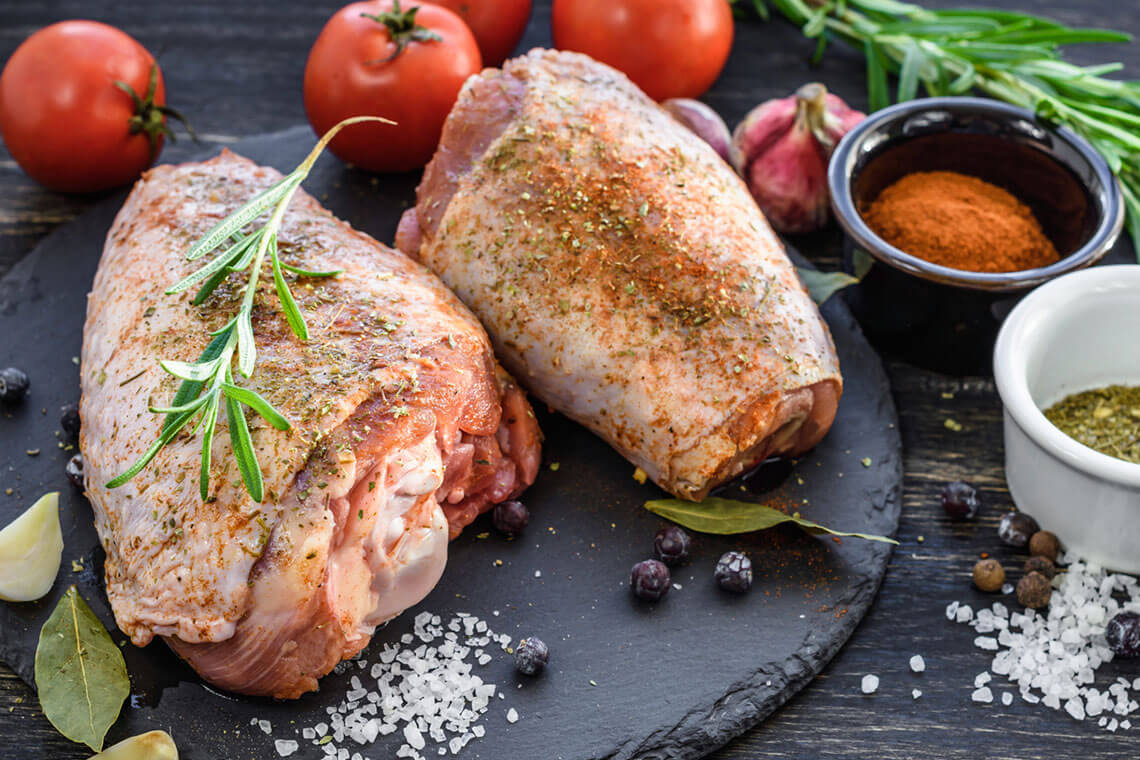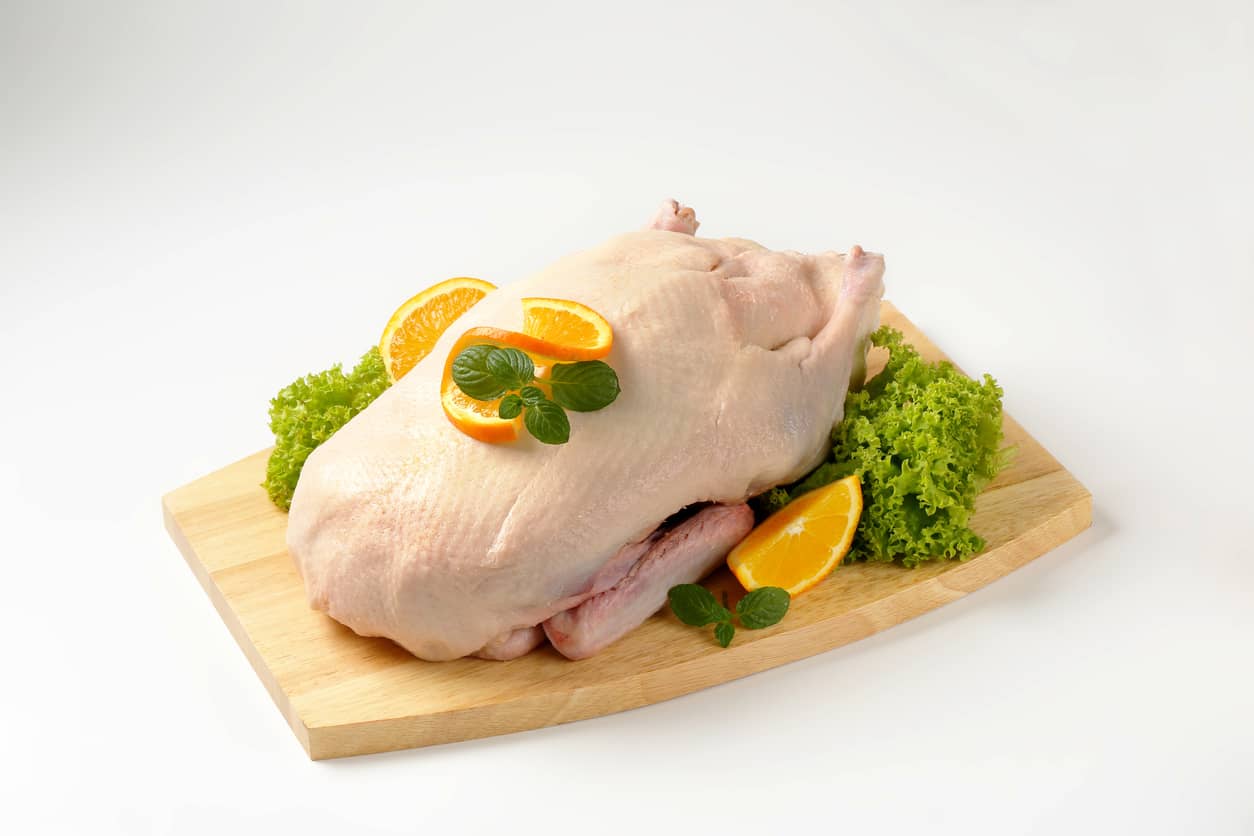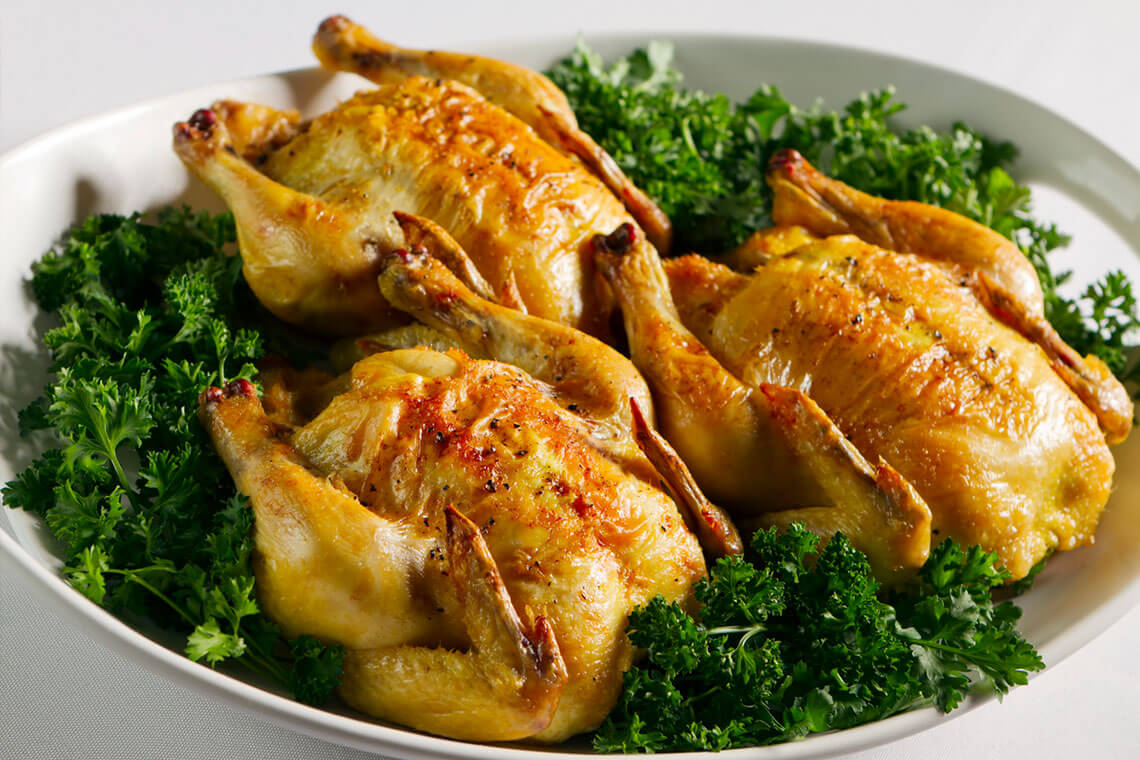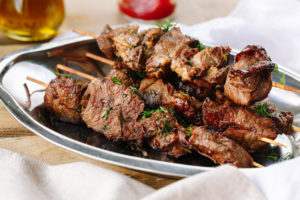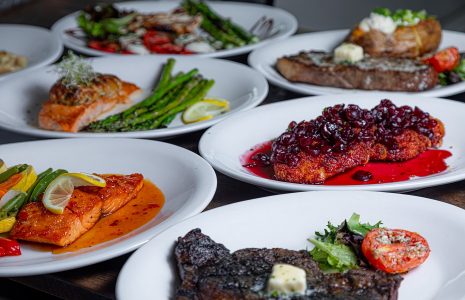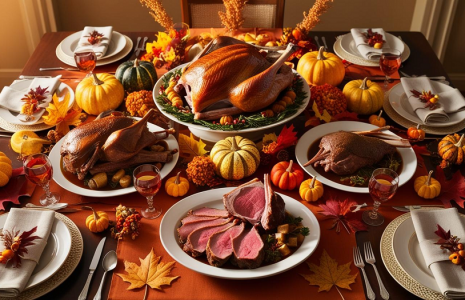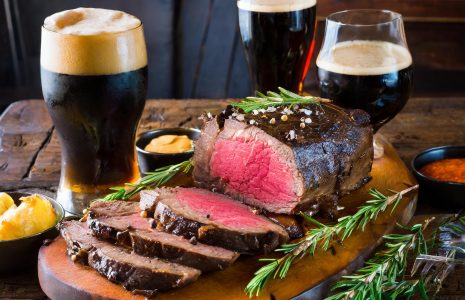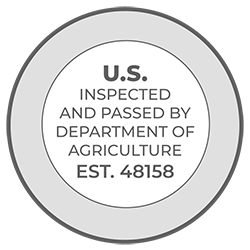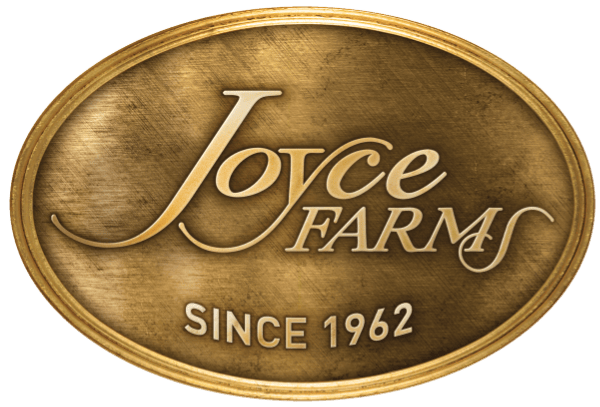One of the interesting trends in the lamb industry these days is exploring the different varieties of lamb from around the world. While taste is a personal thing, many people claim that lamb tastes very different depending on its country of origin. More than matters of taste, however, the issue of domestic versus international lamb stirs up a lot of debate.
Here, we will run through a few of the key things to keep in mind when trying lamb both from home and from abroad. By looking at the differences between the two, we will explore some of the changing trends in the lamb industry as well. In the end, you will walk away with a greater appreciation for the lamb you select from your local wholesale meat supplier.
Let’s jump right in and look at some of these topics in greater detail.
How Do Domestic And International Lamb Differ?
For a meat-loving culture, the United States seems not to appreciate lamb to the same degree as good old-fashioned beef and chicken. Lamb is a much less popular choice in the United States than in other places such as the UK, the Mediterranean countries, or New Zealand. However, lamb production is still strong throughout the United States, but most prominently in the Midwest region.
Domestic and international lamb differ because climatic conditions and a host of other factors influence the finished product you will see at your local wholesale lamb distributor. Trends in the lamb industry in each country determine how sheep are cared for, how they are fed, how much time they spend outdoors versus indoors, and how the animals are slaughtered. Each of these contributes to a unique tasting lamb product in different countries.
American Lamb
American lamb is grass-fed most of the time. This results in a leaner meat product and a more pronounced lamb flavor. The color of lamb when sheep are fed a grass diet is a darker red.
Trends in the lamb industry have led to more American lamb being grain-finished. This is done to increase the size of the sheep before butchering. Beyond increasing the amount of meat that a single sheep can provide, this process also helps to smooth out the flavor of the lamb and adds a nice marbling to the meat.
Australian Lamb And New Zealand Lamb
Lamb from Australia and New Zealand, on the other hand, tend to be almost wholly grass-fed. This leads to a smaller finished product that is nonetheless very tender. The climate in these places allows for sheep production to take place all year round.
As the two largest lamb-exporting countries in the world, do not be surprised if you see lamb from these places on store shelves across the United States. In fact, you may be tempted to buy this type of lamb from your wholesale meat purveyor given the fact that it tends to be cheaper than domestically raised lamb.
Whether or not you prefer American lamb to other types of lamb is, of course, a personal preference. However, many lamb enthusiasts believe that lamb should be locally sourced, after all, why not support your local sheep farmer if lambs can be raised properly in just about any climate? Some flavor and freshness are almost certainly lost in the transportation process from abroad, as well.
Trends In The Lamb Industry
At home in the United States, trends in the lamb industry are moving towards making the process of lamb production better for consumers. With moves towards increasing sustainability and the more ethical slaughter of sheep throughout the country, you can be sure that increased attention is being paid to the products that are available for consumers.
In fact, more Americans are choosing lamb these days than in the past. Consumer attitudes towards lamb in the American domestic market have never rivaled those in the UK, but things are starting to change. Perhaps you are one of the sixty-eight percent of American adults who feel strongly that American-made lamb is fresher and safer than imported products.
Why Choose Lamb?
Given new trends in the lamb industry pushing it towards sustainability and more ethical practices, lamb is a fantastic meat option for Americans to enjoy – whether it is sourced from a domestic supplier or from abroad. Lamb is lean, high in protein and an all-around healthy option for those looking to change up their dinner options. The stronger and gamier taste in contrast to beef and chicken is sure to excite taste buds of those that are new to lamb.
Northwest Meat Company is a wholesale meat supplier serving the Chicago market. Please get in touch if we can be of service to your menu.
